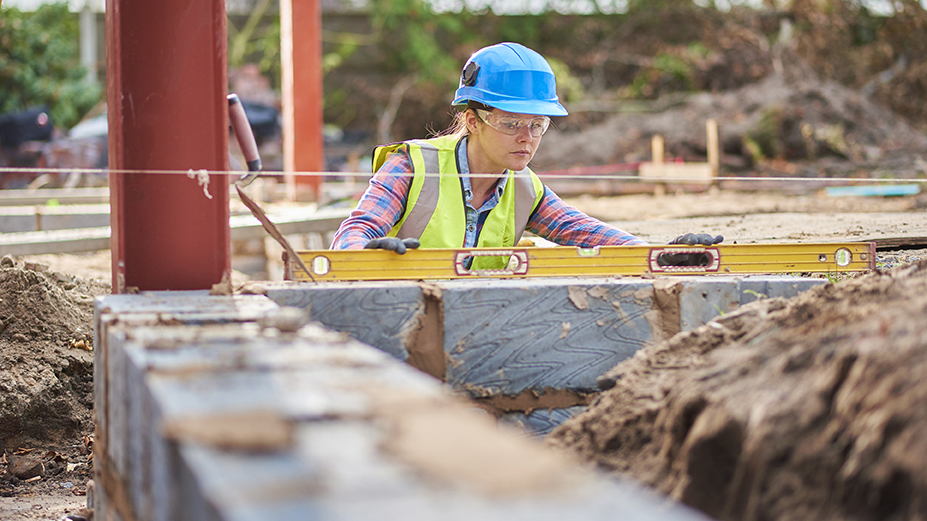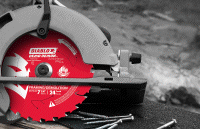
Last month the Ontario Building and Construction Tradeswomen (OBCT) hosted its first-ever Advocacy Day at Queen’s Park. Tradeswomen from across the province gathered to meet with Members of Provincial Parliament, including Minister of Labour David Piccini, to advocate for progress in the skilled trades for tradeswomen. These are the very people that could be customers in your store.
OBCT’s top priorities include:
- Legislate mandatory Anti-Discrimination and Anti-Harassment (ADAH) training as part of all apprenticeships in Ontario
- Ensure mandatory access to properly-fitting PPE for all workers, especially women and non-standard-sized tradespeople
- Inspect and enforce new access and clean washroom regulations to ensure Occupation Health and Safety Act compliance and hot water access
“We’ve made real strides in improving safety and inclusion on job sites,” said Karen Pullen, chairperson of the OBCT, “But there’s more work to do. Culture change doesn’t happen overnight—and by making ADAH training a standard part of apprenticeship, we’re setting the tone from day one.”
ADAH training, created by OBCT and delivered free across Ontario, addresses the root causes of workplace harassment and discrimination. But while it’s proven effective, it remains optional. Without a legislative requirement, too many job sites still leave tradespeople—particularly women and marginalized workers—vulnerable to unsafe and unwelcoming conditions.
“This is about building a stronger, skilled trades workforce—for everyone,” Pullen said. “When workers feel safe, respected, and seen, they stay. And that’s what Ontario needs.”
Harassment on job sites in construction is still an issue today: 64 percent of women in construction report discrimination; nearly half report sexual harassment.
ADAH works: The OBCT-developed ADAH training, delivered free across Ontario, educates workers, employers, and union reps on recognizing, preventing, and addressing discrimination.
- Current law isn’t enough: Ontario’s OHSA mandates policies—not training. Other provinces (British Columbia, Alberta, Quebec) already require it.
- 90 percent of tradeswomen report being hampered at work by PPE that doesn’t fit.
- Ill-fitting gloves, harnesses, and overalls increase injury risk.
- Only 6 percent of women surveyed said their PPE is designed for them.
- Standard-issue PPE is often made for the average male body—leaving women and others unprotected.




































